7 ’80s Movies That Would Never Be Made Today
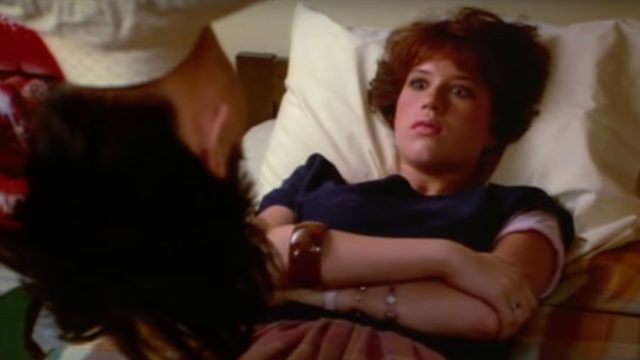
The fashion of the ’80s may have come back, but many of the decade’s other cultural touchstones remain decidedly cringe, including a number of beloved hit films that have aged less than gracefully. Though some of them were hits and are even still beloved by fans today, most of those fans can mostly likely admit that they’re well and truly dated. From comedies that now fall flat to troubling teen films, here are seven movies from the ‘80s that are too offensive to be made today.
READ THIS NEXT: 6 ’90s Movies That Would Never Be Made Today.
1
The Toy (1982)
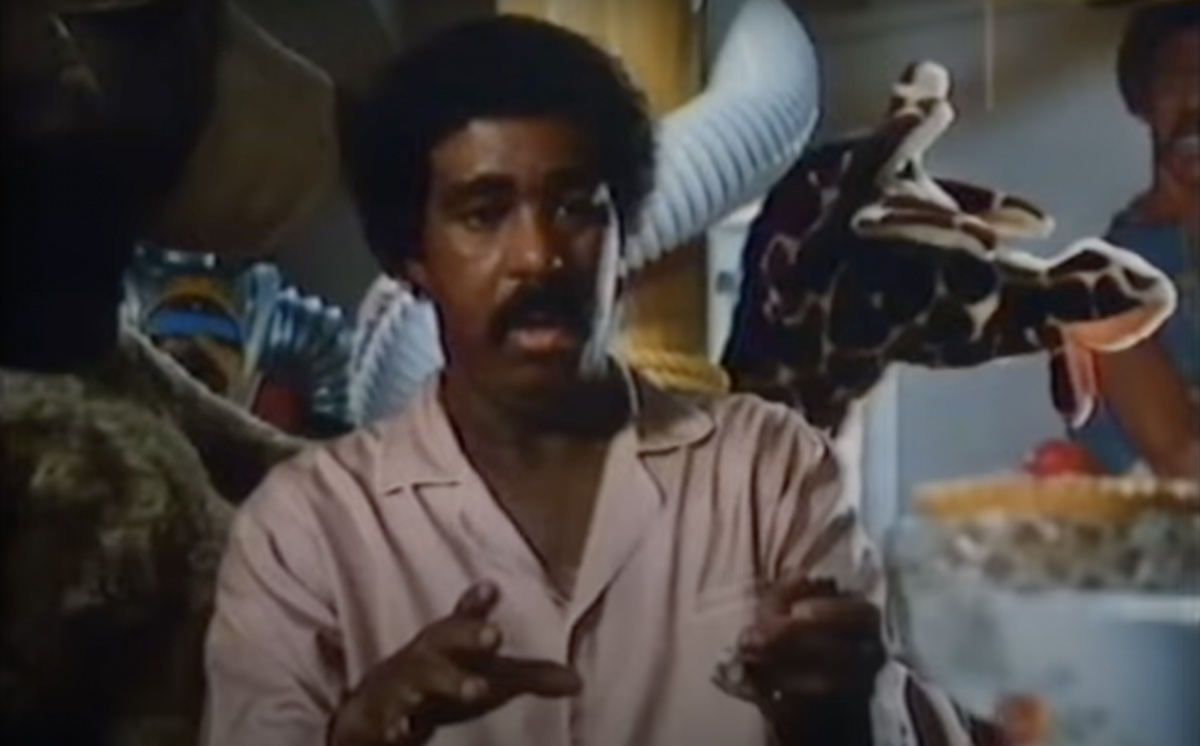
“I know what I want,” says the young son (Scott Schwartz) of a multimillionaire offered his choice of plaything in the 1982 comedy The Toy. “The Black man.” Yes, in this remake of the farcical French film Le Jouet (1976) with a disturbing American twist, legendary comedian Richard Pryor plays an underemployed reporter who has repeatedly been denied a job at the local paper due to its racist owner (Jackie Gleason), only to be “purchased” (paid to entertain the kid for a week) for his son. At the time, one review in The Washington Post proclaimed the film “more fun than a tub-full of duckies,” while another found the racial element “a queasy source of discomfort.” By 1996, critic Leonard Maltin was calling out out the “dubious taste for an ‘80s film with a Black [character] in such a demeaning part.”
2
Mr. Mom (1983)
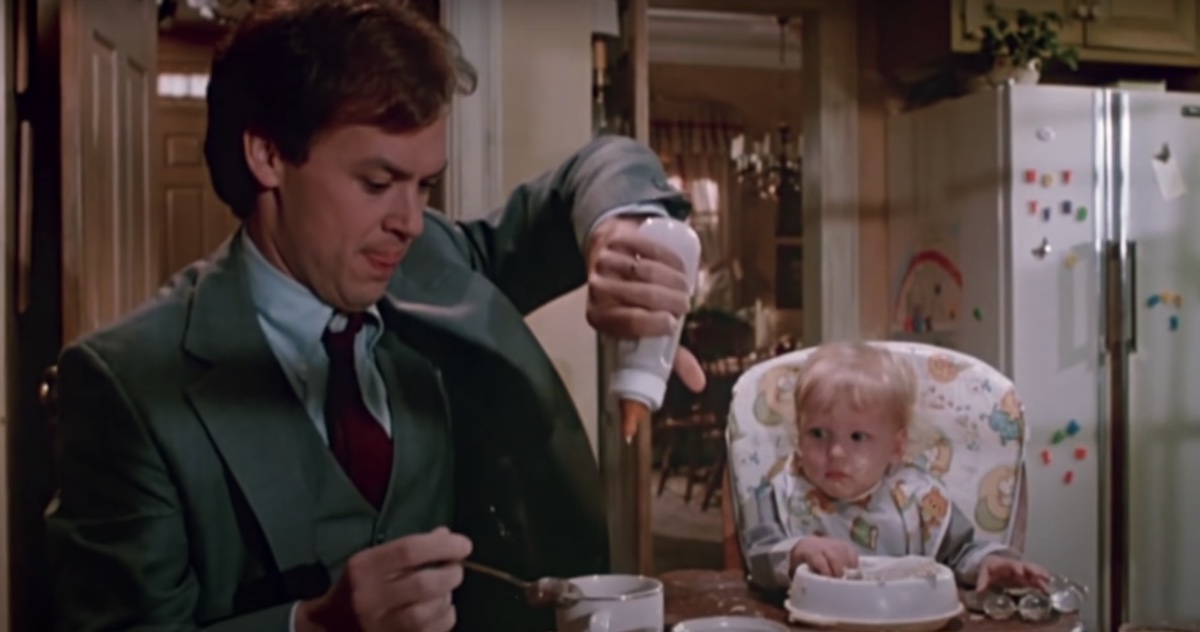
The 1983 Michael Keaton film Mr. Mom is about a laid-off father who takes over primary childcare duties while his wife goes back to work, but that scenario no longer raises eyebrows enough to warrant an entire film. As The Mary Sue pointed out upon the release of a short-lived Vudu series that revisited the premise in 2018, “It’s one of those movies that really doesn’t hold up on rewatch because its 1983-ness is overpowering.” A man doing housework? What’s next, a woman CEO?
3
Sixteen Candles (1984)
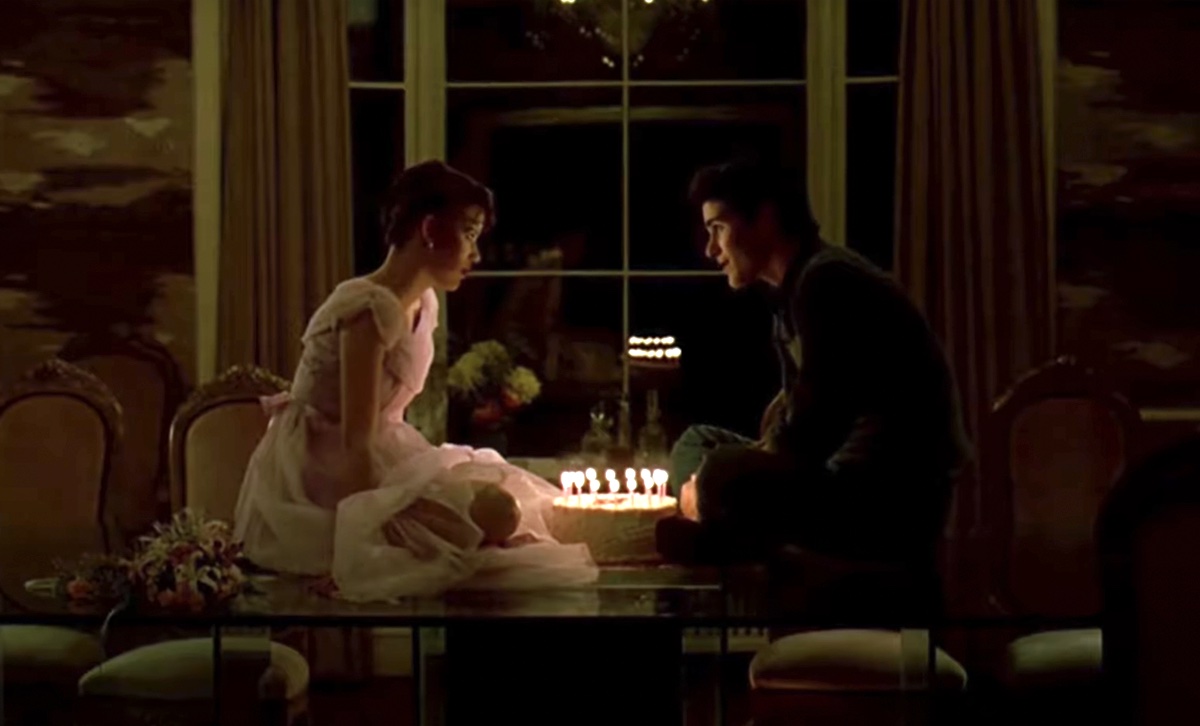
While ostensibly a tale of an underdog coming out on top, the beloved John Hughes film Sixteen Candles presents a world in which women, non-white, and non-alpha male characters are treated so poorly and with so little internal critique that it’s now difficult to see film as anything but an uncomfortable artifact of darker times. While Sixteen Candles is rife with examples of elements that hopefully wouldn’t fly today, perhaps most glaring is the famously problematic character of Long Duk Dong (Gary “Gedde” Watanabe), a racist caricature of a sex-crazed, America-obsessed exchange student introduced in each scene by the sound of a gong.
Meanwhile, love interest Jake Ryan (Michael Schoeffling) has not only been accused of ruining a generation of women, but of being an accessory to date rape. The love interest of Molly Ringwald’s Sam casually hands his unconscious girlfriend Caroline (Haviland Morris) off to another high schooler (Anthony Michael Hall), noting that he himself “could violate her 10 different ways if he wanted to” if only he hadn’t grown so bored with her.
For more movie trivia sent right to your inbox, sign up for our daily newsletter.
4
Short Circuit (1986)
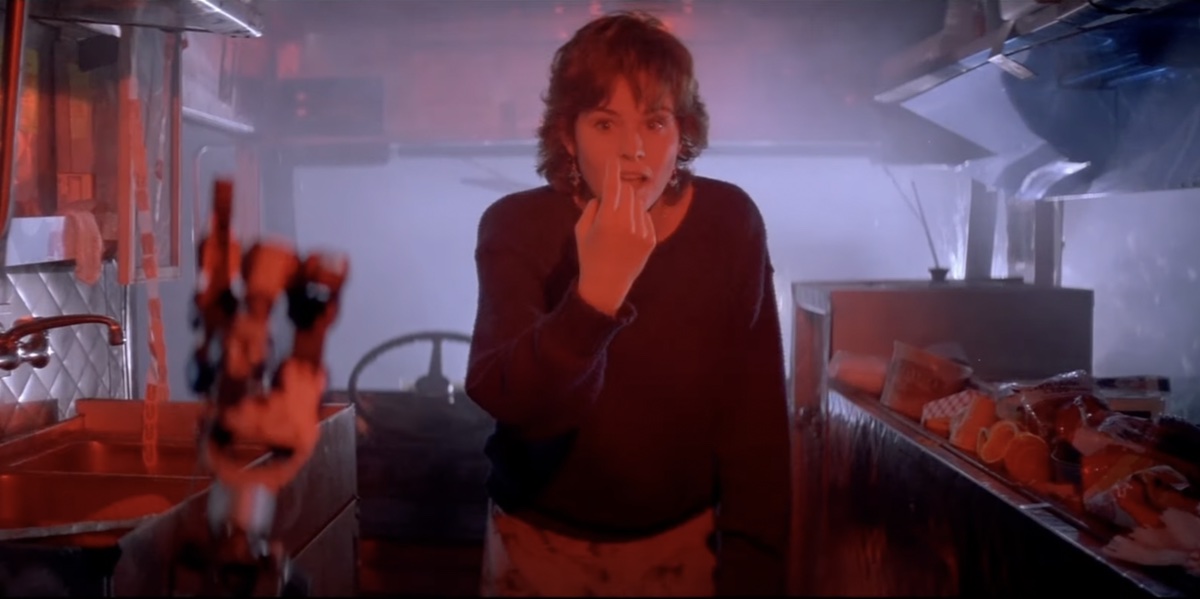
As implausible as Johnny 5 becoming alive still feels in the era of Alexa and Roombas, it’s Short Circuit’s casual racism, sexism, and problematic casting that make it truly impossible to imagine it being made today. Notably, Fisher Stevens plays Ben Jabituya—inexplicably renamed Ben Jhaveri in the sequel Short Circuit 2—a painfully stereotyped Indian engineer with an exaggerated accent (despite commenting that his ancestors hail from Pittsburgh). The actor is white and was originally cast when the role was that of a “white grad student,” Stevens explained to Aziz Ansari in an interview that featured in the Parks and Recreation star’s 2015 New York Times essay about Indian representation and his own Hollywood experience.
According to a 1988 interview, Stevens initially declined when director John Badham decided to make Ben a Chinese character, but eventually acquiesced to playing an Indian man. In the years since the movie and its sequel, the actor has expressed regret about doing brownface for the role. “It definitely haunts me,” he told Yahoo! Entertainment in 2021. “I still think it’s a really good movie, but I would never do that part again. The world was a different place in 1986, obviously.”
5
Soul Man (1986)
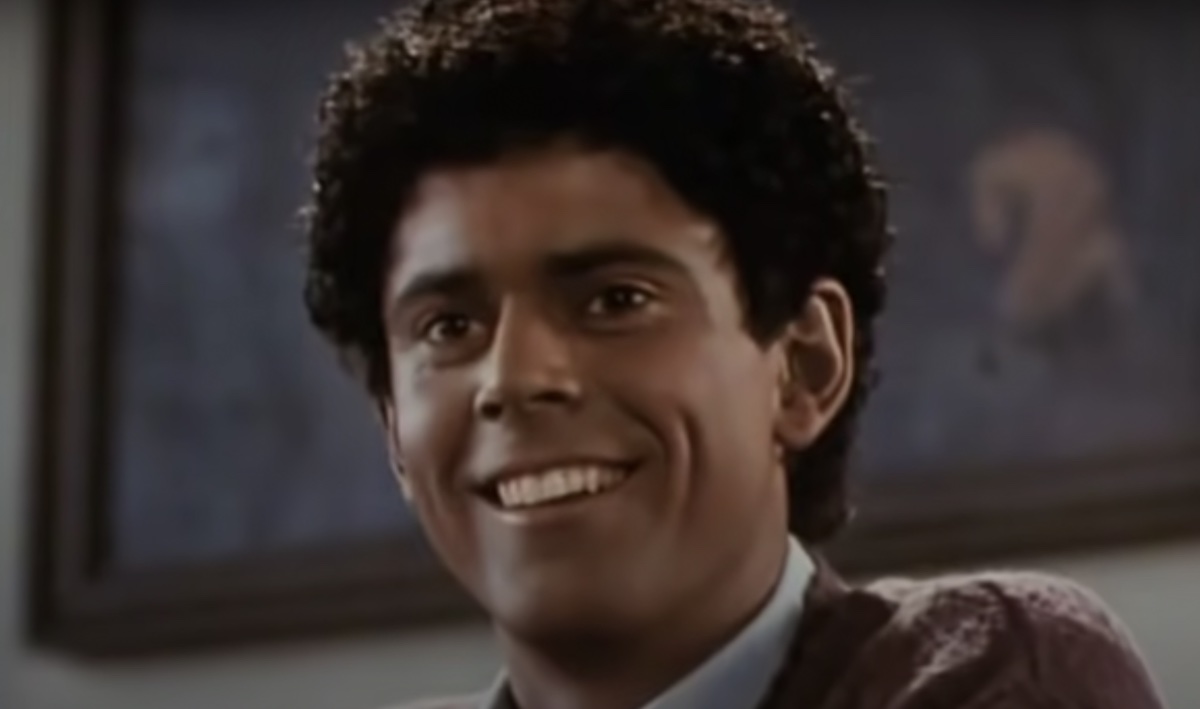
Multiple studios reportedly rejected the script of Soul Man before it was produced and released in 1986. The Outsiders actor C. Thomas Howell starred, donning literal blackface as a rich white Harvard Law student who takes tanning pills in order to win a scholarship reserved for Black students. In its attempt to be Tootsie-but-with-race, Mark’s subsequent experiences lead to him gaining empathy for people actually experiencing racism.
Soul Man has continued to age poorly, but it was already provoking anger and disgust immediately upon its release. Spike Lee called the film “an attack on affirmative action” and its debut triggered protests by the UCLA Black Student Alliance and the NAACP.
“We certainly believe it is possible to use humor to reveal the ridiculousness of racism. However the unhumorous and quite seriously made plot point of Soul Man is that no black student could be found in all of Los Angeles who was academically qualified for a scholarship geared to Blacks,” Beverly Hills/Hollywood Branch Chapter President Willis Edwards said in a statement, as reported by the Los Angeles Times. “In the final analysis, it is our opinion that the American moviegoer is really unlikely to waste good time and money on going to see this questionable effort at film making.”
The film ultimately grossed $35 million against a $4.5 million budget and was even screened at Camp David by the Reagans, who watched son Ronald Reagan, Jr. make his film debut in a bit role.
6
Heathers (1988)
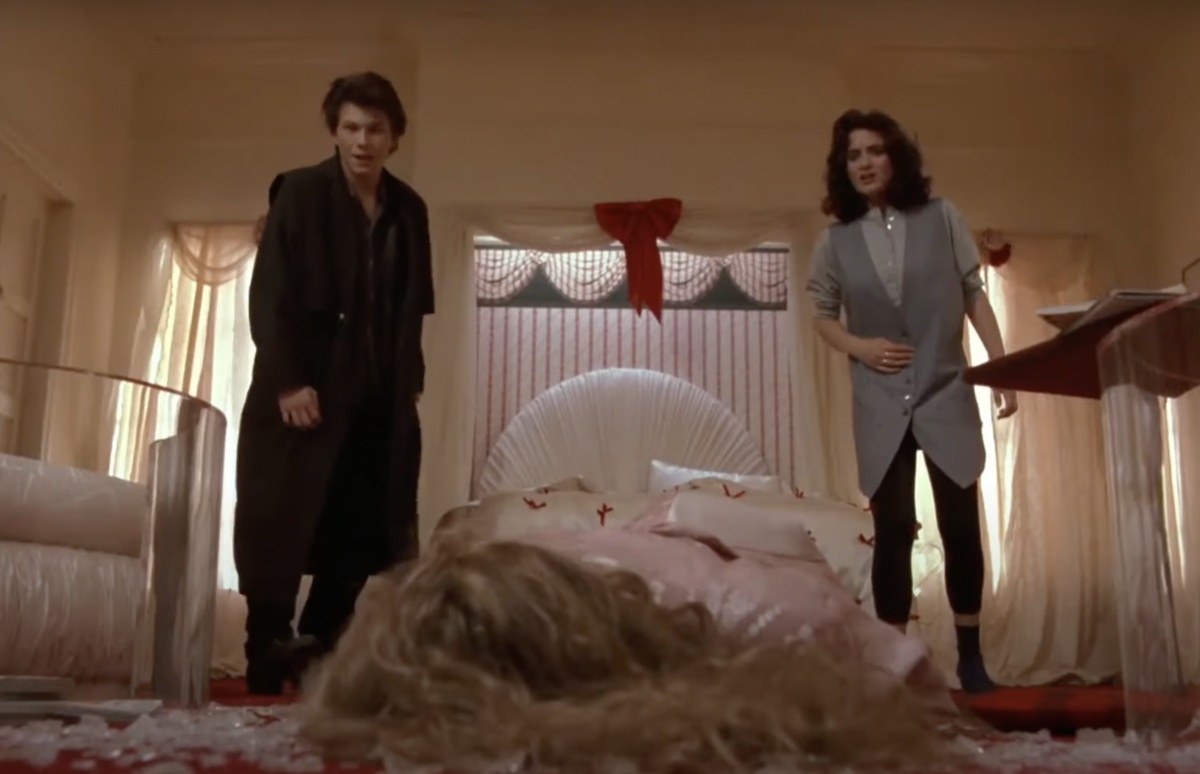
Heathers director Michael Lehmann told Forbes in 2019 that he could barely get the film made in 1988, when it was scaring off executives thanks to dark themes including teen suicide and alienation. While the topics it tackles and its sharp dialogue feel as fresh in today’s culture as they did 35 years ago, the film—which features Christian Slater’s character J.D. attempting to blow up his fellow classmates during a pep rally—sadly also foresaw the horrific violence that has shaken America’s schools in the decades since. In fact, a 2018 series based on the film saw its release delayed and its episodes heavily edited following Parkland and other mass shootings. The redacted version finally saw the light of day in October of that year, only to garner overwhelmingly negative reviews.
7
Big (1988)
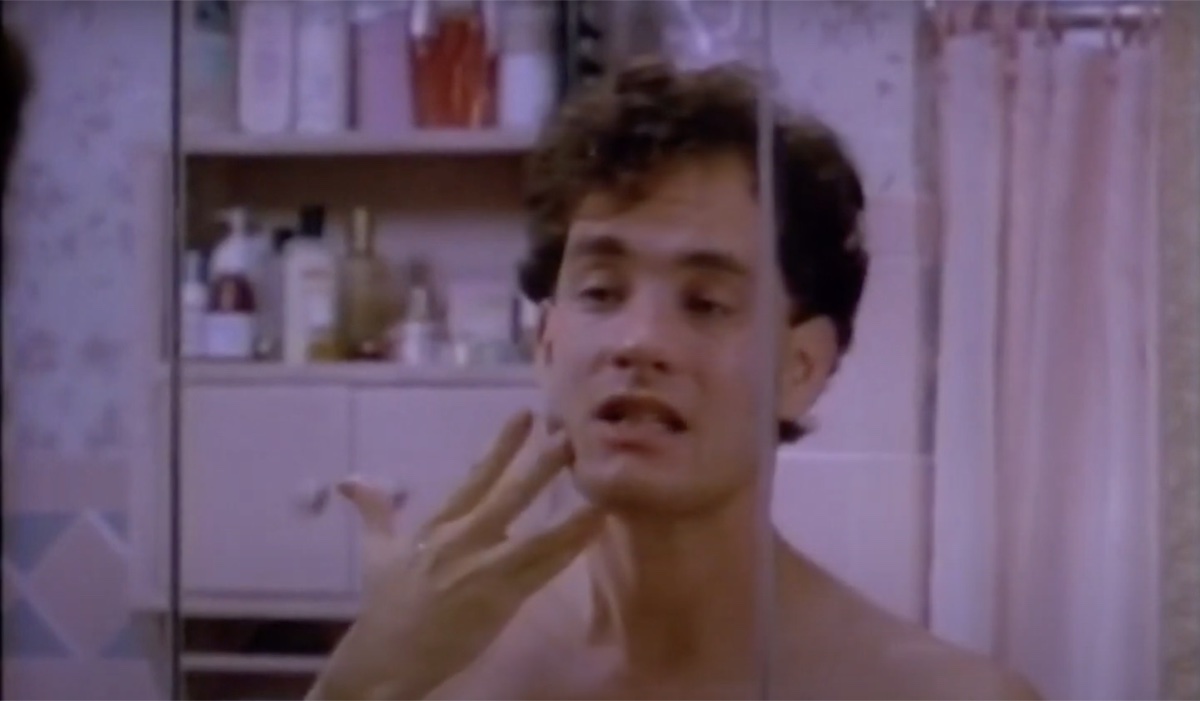
After the Zoltar fortune-telling machine grants 12-year-old Josh Baskin’s wish to become “big” and transforms him into the adult version of himself (played by Tom Hanks), he ends up landing a job at a toy company, living in a Soho loft, and starting a romance with a coworker played by Elizabeth Perkins. Although the film lived up to its name, becoming a box office hit, establishing Hanks as America’s favorite everyman actor, and putting an FAO Schwarz walking piano at the top of every ‘80s kid’s wishlist, it’s hard to imagine it being made today. If today’s audiences wouldn’t get lost in imagining the psychological terror of Josh’s family fearing for their missing child, they’d certainly have trouble with the implication that a boy in a man’s body sleeps with his adult coworker.